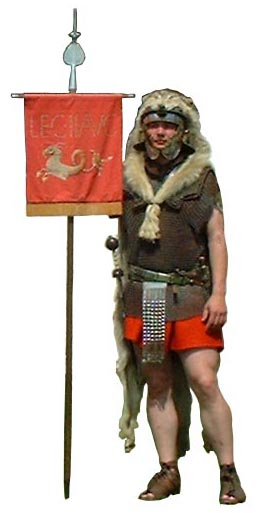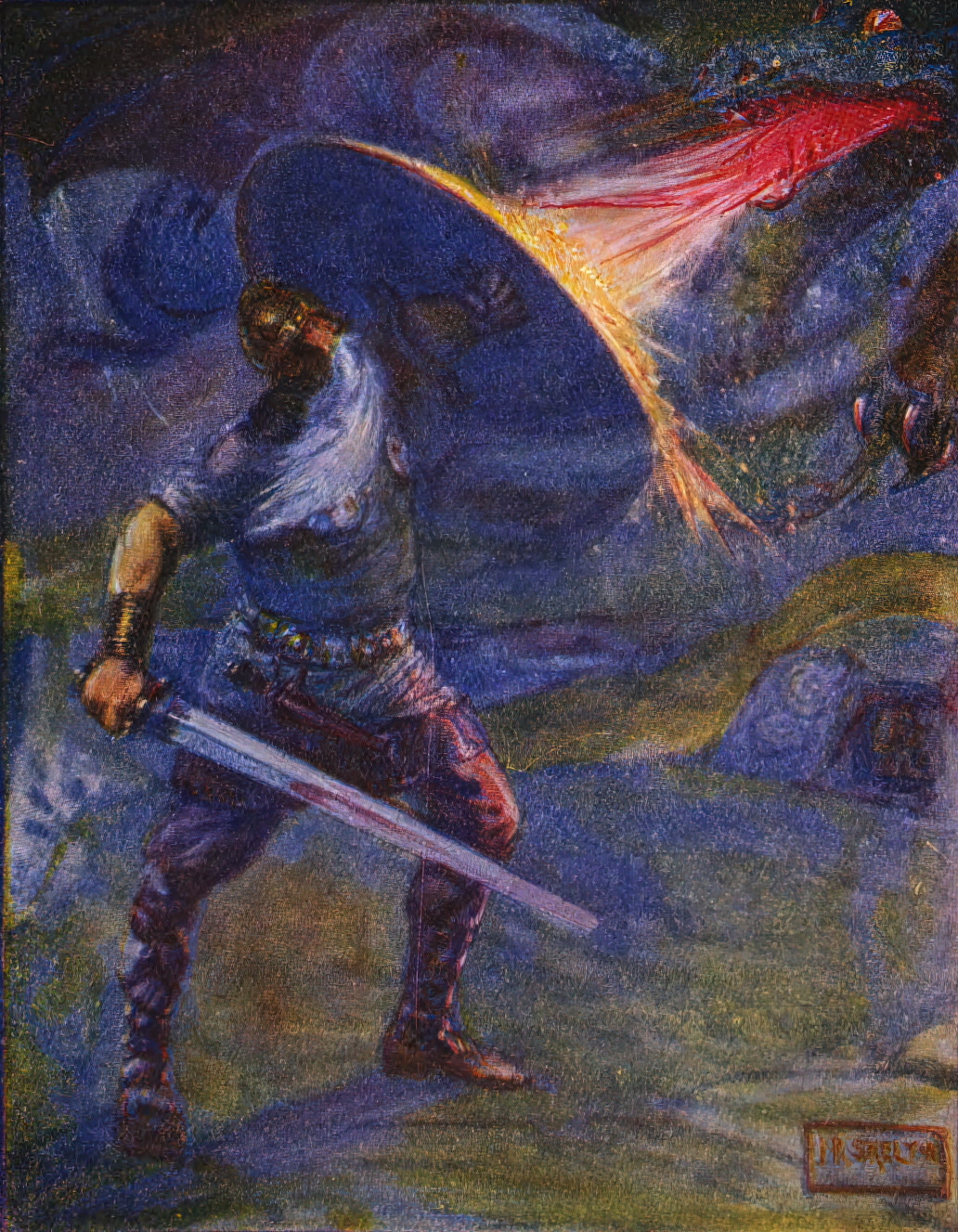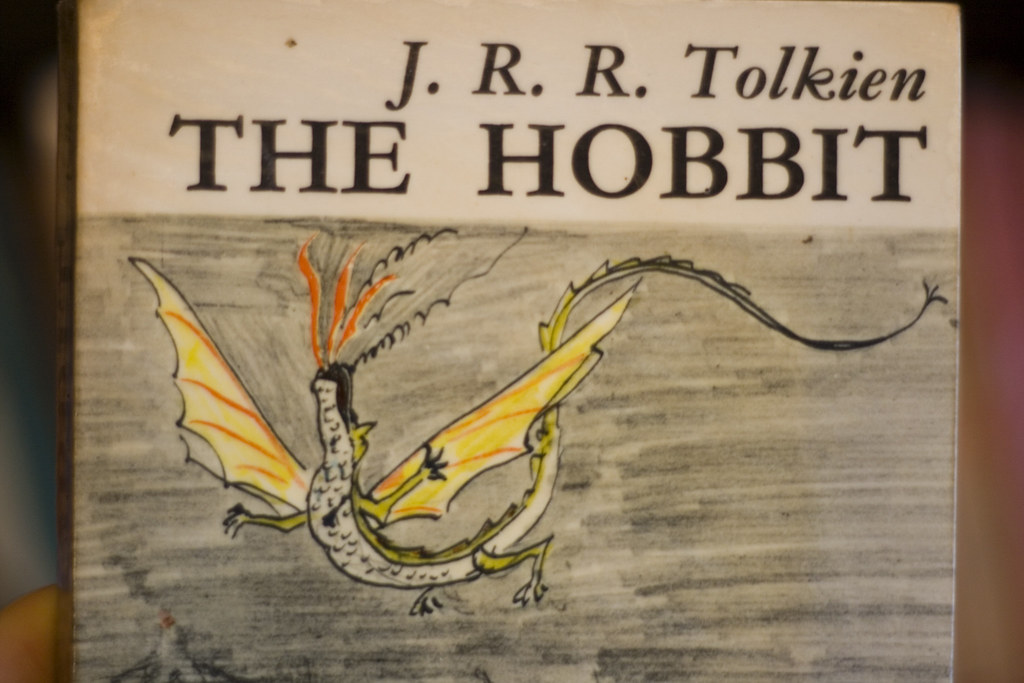----------------------------------------------------------------------------------
Introduction
Alliterative Verse is the oldest form of poetry in English. It is sometimes called Anglo-Saxon Verse because of the people who first wrote it or Old English Verse because of the language it was first written in. After being forgotten for centuries, it found new popularity in the twentieth century. It offers poets and readers a middle path between the strictness of metrical poetry and the Wild West freedom of Free Verse. To appreciate or write it, you must understand the rules that govern its rhythm and its alliteration.Normal Lines
The rhythm of any line of Alliterative Verse is governed by the number two. First, the line is divided into two half lines by a pause, called a caesura. Each half line, in turn, has two stressed syllables (called lifts). It also has two locations filled with unstressed syllables, called dips. You can think of the line as baskets into which the lifts and dips get tossed, like this.The smallest basket, the one at the beginning of a line, can hold an anacrusis, one or two unstressed syllables. Better yet, it can be left empty. Too many lines with anacrusis will weaken the strong beat of alliterative verse.
The remaining parts of a half line are the two large baskets followed by two smaller ones. Any of these baskets can take a lift or a normal, one-syllable dip. However, at least one of the big baskets must hold a lift, and a dip in one of the big baskets may hold up to five unstressed syllables instead of just one. The potential for such an extended dip is symbolized as dip(...) instead of just dip.
Let us toss the syllables of a line—“Secret meetings at the slaughterhouse”1—into the appropriate baskets to see its rhythm at work.
The caesura is between “Secret meetings” and “at the slaughterhouse.” Neither of the half lines has an anacrucis. The first half line clearly has the rhythm lift dip lift dip (SEcret MEETings), and I pronounce the second half line with the rhythm dip(...) lift lift dip (at the SLAUGH-TER house), though dip(...) lift dip lift (at the SLAUGH-ter HOUSE) is possible.
“Secret meetings,” then, has one of the three most common rhythms for a half line, the ones beginning with a lift.
- Type A: lift dip(...) lift dip
- Type D: lift lift dip dip
- Type E: lift dip(...) dip lift
- Type B: dip(...) lift dip lift
- Type C: dip(...) lift lift dip
It is usual for a line to have half lines of different types, for variety’s sake.
Hypermetric Lines
A poet might choose to make some longer lines, called hypermetric lines. In them, the first half line is preceded by an extra lift and dip(...) and the second by a dip(...). These lines do not occur by themselves, but in groups a few lines long, like this one from the poem Beowulf, lines 1160-1164....Béarers ófferedWhy the old poets used hypermetric lines, I cannot say, but you might find a use for them to slow up the action, describe a setting, or just add a little variety.
wíne from | wóndrous contáiners. || And then | Wéaltheow éntered,
góing in | a gólden tórc || to where | the twó góod ones
ídled | úncle and néphew || without | émnity yét,
éach one | trúe to the óther....2
Alliteration
In the following advice from Beowulf, notice that the half lines have different rhythms, as defined by Sievers’ Types, but alliterating words unite the line.Éach óne of us || wáits for the énd (Types D and E; one and waits)As in these lines, one or both lifts in the first half line always alliterate with the third lift of the line, which is sometimes called the pivot or the rhyme-giver. Alliteration on the first three lifts of a line was probably considered more emphatic than alliteration on only two. The fight scenes of Beowulf are consistently told in three-alliteration lines. For example,
of mórtal lífe; || mán should then stríve for (Types B and A; mortal and man)
fáme before déath! || To a fíghter, thát, (Types E and B; fame and fighter)
when lífe clóses, || lásts as a cómfort. (Types C and A; life and lasts,
closes and comfort)
He behéld in the háll || a hóst of soldiers,A rarer alternative is to have two pairs of alliterations binding the two half lines. For example,
a círcled assémbly || of sléeping kin,
a hórde of héroes. || His héart laughed then.
Próud and déadly, || he púshed my dóor.has lifts that begin with P and D, then P and D again: PDPD. Otherwise
Déadly and próud, || he púshed my dóor.has lifts that begin with D and P, then P and D: DPPD. This is equally fine, but you would not usually find a line that alliterated all four lifts, like this:
And how dísmal the dáy || when I dánced with my déar.3By the way, the Old English poets had a slightly different definition of alliteration than we do. It would look like this:
Alliteration means that
the same letter sound begins the stressed
syllables of two words, but all vowels alliterate with
each other, and some consonant clusters (sc, sp, and
st) only alliterate with identical consonant clusters.
Since all vowels alliterated, in Old English, the ea in eagle would alliterate with the ow in owl. This makes alliterating words much easier to find.
On the other hand, since some clusters of consonants alliterate only with an identical cluster, the sk in sky alliterates with the sc in score, but not the st in stop nor the sp in spot. This makes alliteration a little harder to manage.
In the end, the choice is yours: alliterate in the old way or the new, or in some mixture of the two.
1From
W. H. Auden, “The Age of Anxiety.” In W.H.
Auden, Collected Poems, edited by Edward Mendelson, Faber
and Faber, London, 1976. pp. 345-371.
2Translations
from Beowulf by Gareth
Jones.
3From
W. H. Auden, “The Age of Anxiety.” In W.H.
Auden, Collected Poems, edited by Edward Mendelson, Faber
and Faber, London, 1976. pp. 345-371.











